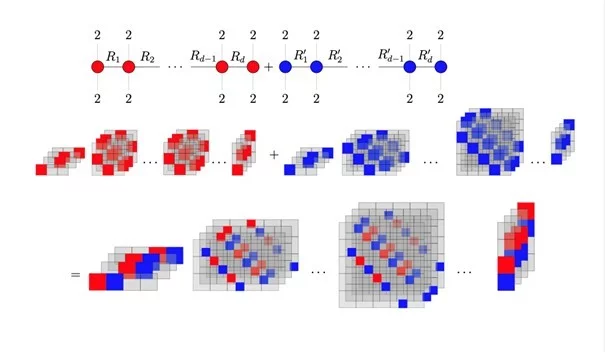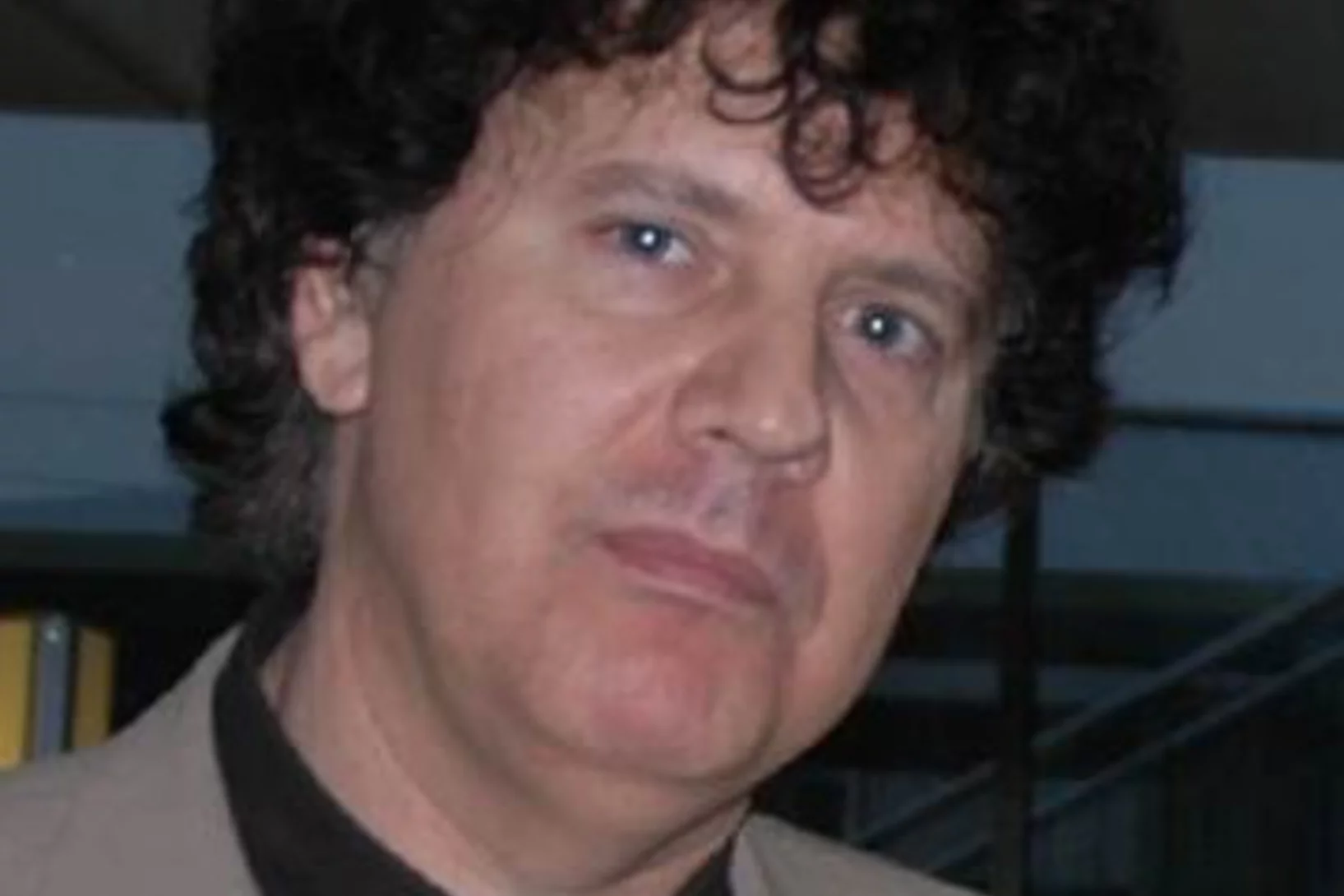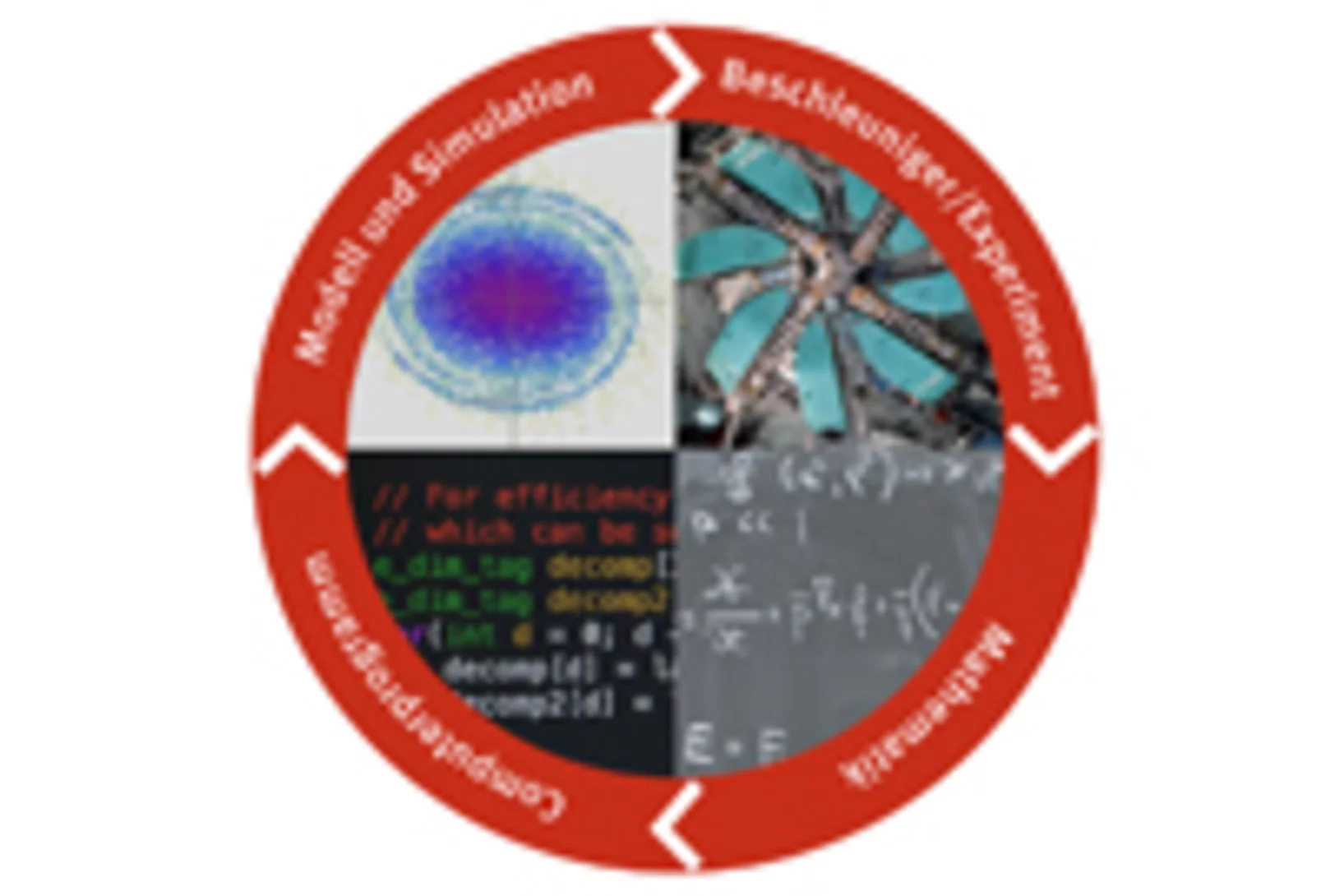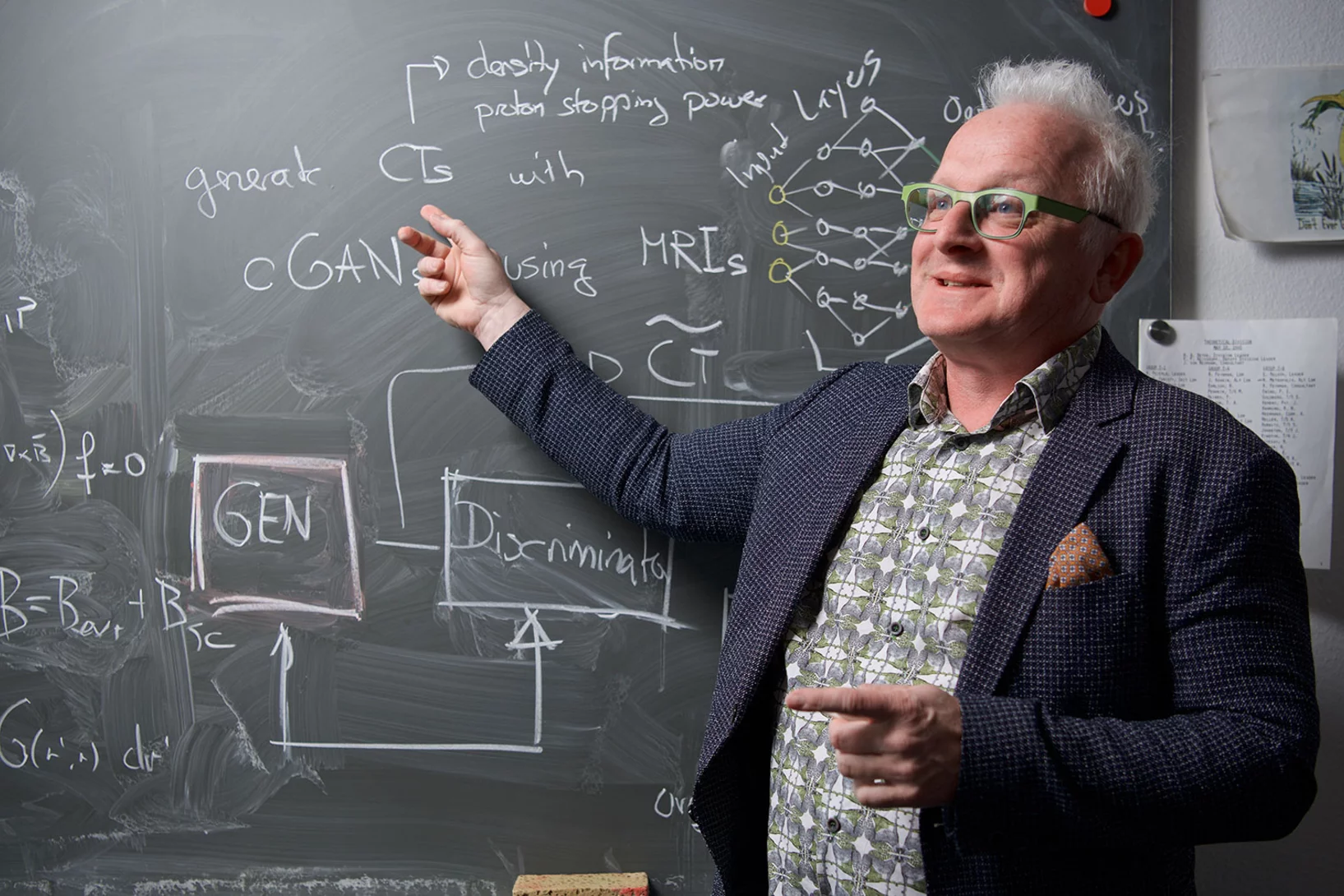The PSI Laboratory for Simulation and Modelling develops numerical and computational capabilities for advanced nuclear systems, advanced particle accelerators, reacting and non-reacting fluid dynamics.
Topical areas
The topical areas of the Laboratory for Simulation and Modelling covers a broad spectrum of scientific disciplines such as
Fellow Award for Dr. Mantzaras
The prestigious Fellow Award “Fellow of The Combustion Institute” was allotted to Dr. Mantzaras for “Pioneering Experimental and Modeling Research in Hetero-/Homogeneous and Catalytic Combustion”. The combustion activities at LSM emphasize on non-intrusive laser-based measurements in a high-pressure optically accessible catalytic reactor, while the modeling activities encompass advanced multidimensional numerical simulations and theoretical work based on activation energy asymptotics.
La simulation: le troisième pilier de la science
Des chercheurs de l’Institut Paul Scherrer PSI simulent et modélisent de grandes installations de recherche, mais aussi certaines expériences, par exemple en sciences des matériaux et en sciences de la vie. Andreas Adelmann, chef du Laboratoire de simulation et modélisation, explique comment ils procèdent.
Modéliser et simuler: un bon retour sur investissement
En combinant théorie, modélisation et calculs à haute performance, les chercheurs du Laboratoire de simulation et modélisation de l’Institut Paul Scherrer PSI résolvent les problèmes les plus complexes. De puissants ordinateurs leur permettent de simuler aussi bien les molécules les plus minuscules que les grandes installations de recherche.
Publications
-
A. A, Kalal S, Saravanan K, Ojha S, Stahn J, Gupta M
Study of structural and magnetic properties of Pd-doped Co4N thin films
Journal of Superconductivity and Novel Magnetism. 2025; 38(1): 17 (7 pp.). https://doi.org/10.1007/s10948-024-06880-w
DORA PSI -
Aastrup Jørgensen J
Tuning expression of GPCRs for the secretory pathway in the baculovirus-insect cell expression system
Biochimica et Biophysica Acta: Biomembranes. 2025; 1867(2): 184397 (10 pp.). https://doi.org/10.1016/j.bbamem.2024.184397
DORA PSI -
Abel C, Ayres NJ, Ban G, Bison G, Bodek K, Bondar V, et al.
Generating a highly uniform magnetic field inside the magnetically shielded room of the n2EDM experiment
European Physical Journal C: Particles and Fields. 2025; 85(2): 202 (19 pp.). https://doi.org/10.1140/epjc/s10052-025-13902-x
DORA PSI





